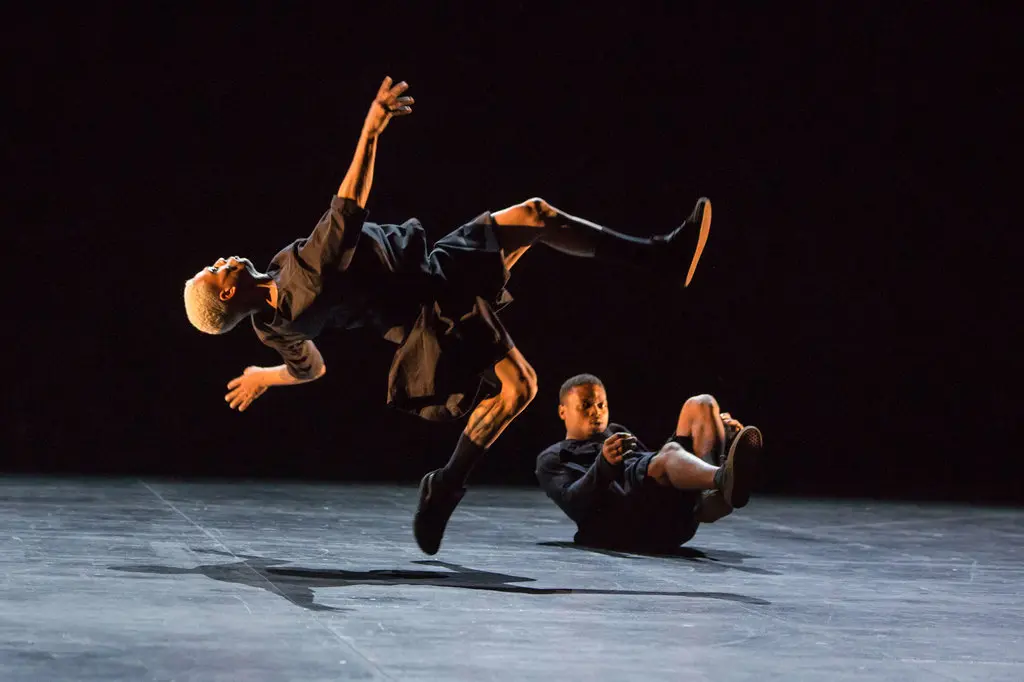
While the Amazon blazed and political tensions rose back home in Brazil, choreographer Bruno Beltrão found himself asking tough questions about art’s place in the chaos. “Brazil is burning,” he said, “and we’re just performing a lot of abstract gestures.”
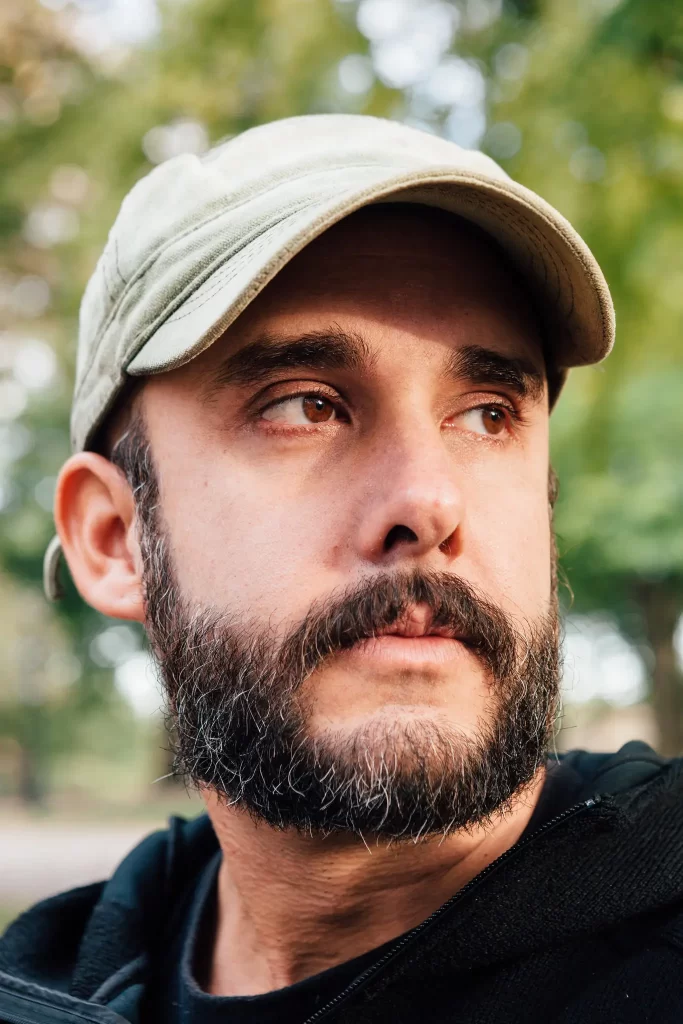
Beltrão, the mind behind Grupo de Rua, isn’t interested in spectacle for its own sake. His 2017 piece Inoah, currently making waves at Brooklyn Academy of Music, doesn’t shout its politics — but it simmers with tension, intimacy, and rebellion.
What started as a classic hip-hop crew in 1990s Niterói evolved under Beltrão’s lead into something else entirely: a collision of street dance and contemporary abstraction. Inoah was born in a shed overlooking mountains and telephone poles — a landscape Beltrão calls “a question about how dance connects to the world.”
And he’s asking all the right questions.
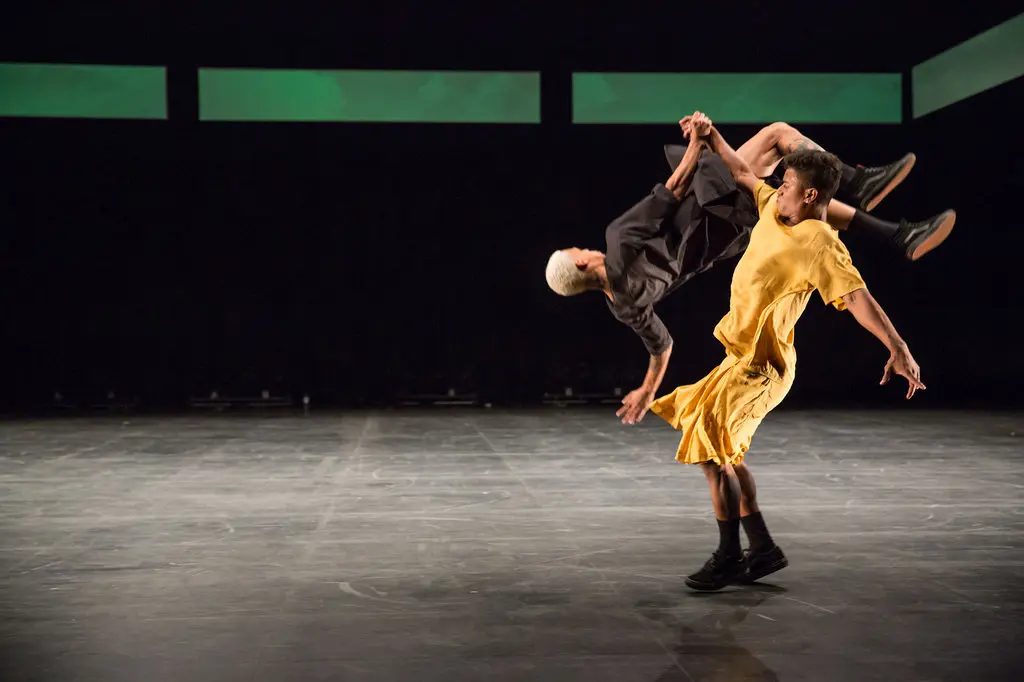
Hip-hop, he says, often relies on gestures that push others away. In Inoah, he flips that script. Movements lean into each other. Dancers connect. Softness becomes strength. Masculinity is pulled apart, challenged, reshaped.
Inspired in part by William Forsythe’s N.N.N.N., Beltrão’s choreography isn’t about explosive tricks or loud messaging. It’s about what happens in silence, in trust, in vulnerability. “There is space to be another way,” he insists.
Even so, politics are unavoidable. Under Brazil’s current government, the arts are suffering. Grupo de Rua hasn’t received a single local invitation to perform. Their survival depends on international support — a heartbreaking reality for one of Brazil’s most innovative companies.
Beltrão knows Inoah may not offer answers. But in a world on fire, he’s determined to keep asking better questions — through every abstract gesture.

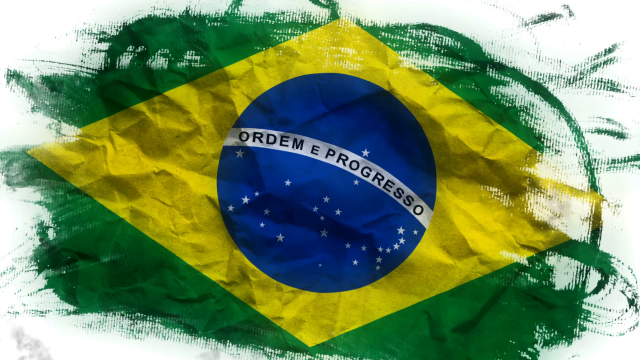
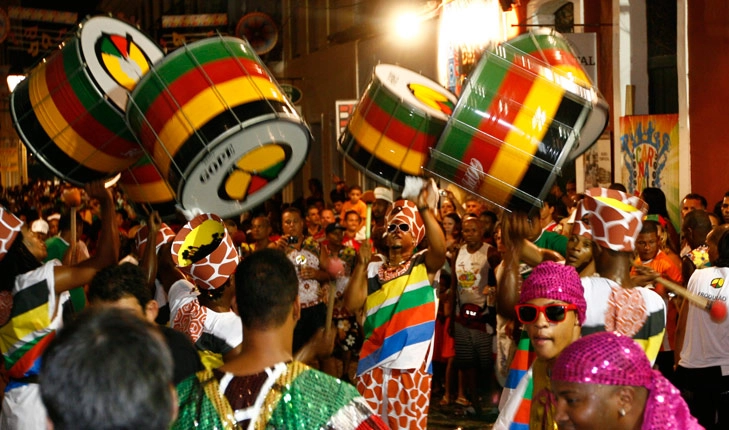
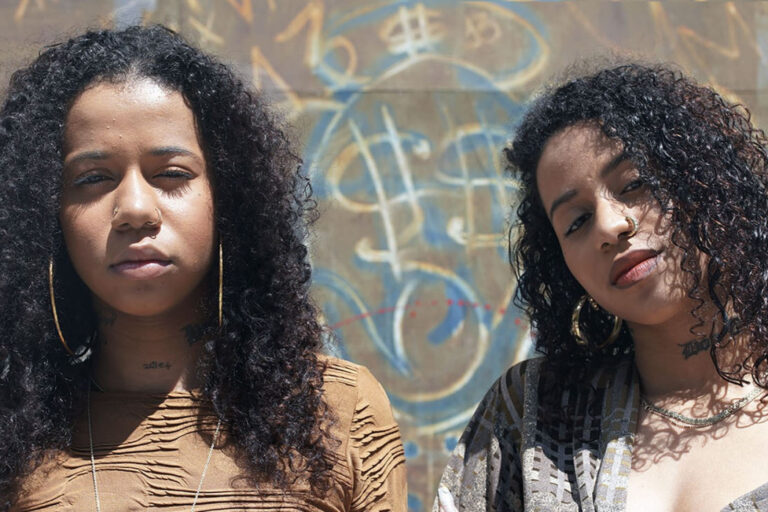
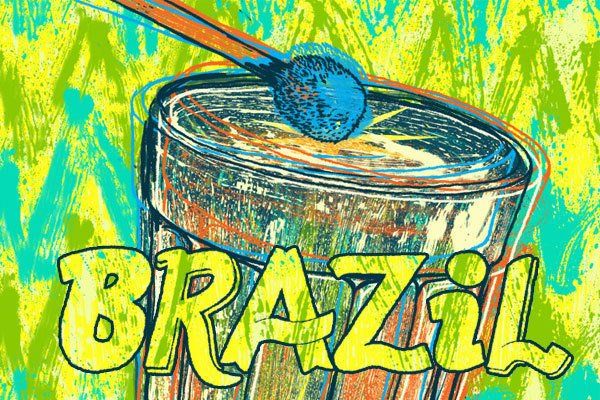
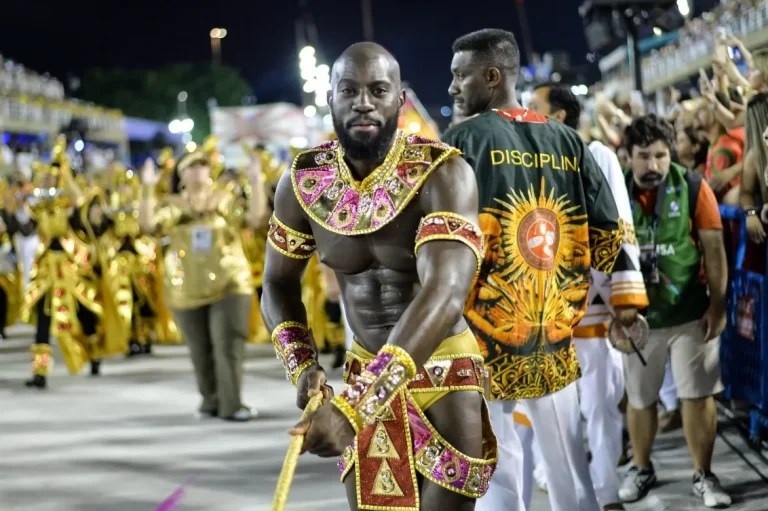
Awesome https://is.gd/N1ikS2